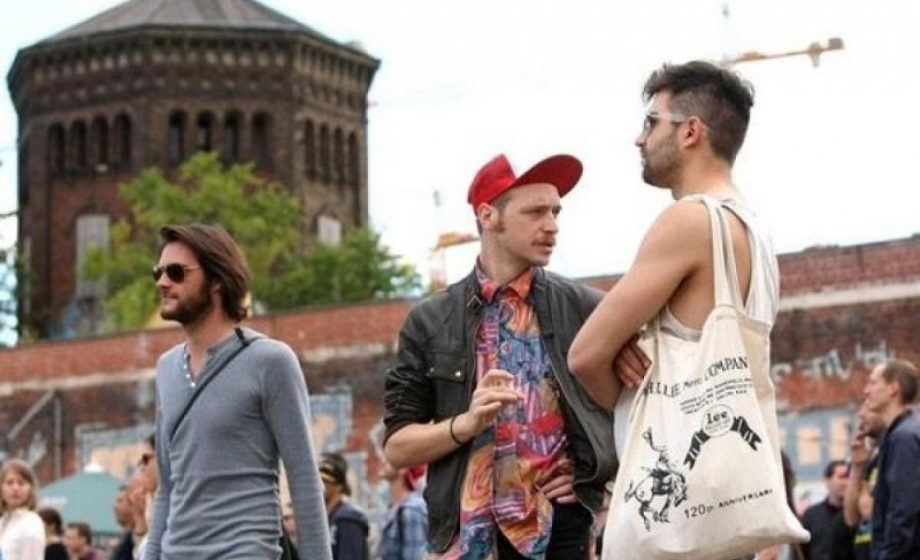
Last week, a post entitled “Enough with the Berlin Startup Hipster stereotype. We’re here to do business” appeared on Berlin startup blog Venture Village, which underlined a sentiment that has been growing in Berlin since the beginning of the year, namely that being the “cheap place” or the “hipster startup scene” might not be the appropriate image for the city.
The article displays frustration that a stereotype, which the author claims originally was created in jest and irony, has come to be taken seriously by the entrepreneurial community. Curiously, I’m pretty sure that, if there were one, the definition of “hipster” would include doing something out of irony at first, but ultimately adopting it as your identity.
The author, a serial accelerator mentor, keynote speaker, and former Deutsche Telekom employee, argues that, while companies like Berlin-based EyeEm and 6Wunderkinder often are used as examples of companies founded by startup hipsters, the reality is that, in fact, these companies’ founders are hard-working individuals.
While I applaud the author’s effort to declare being a “startup hipster” no longer cool, he may want to look at the societal group that the term borrowed its name from – declaring being a hipster no longer cool is just step two in hipster-dom, it separates the weak from the committed.
Nonetheless, the noteworthy point in this story is not so much the debate over what is and isn’t ‘hipster’ – I’ll leave that to the sociologists – but rather, to pose the question “what will be left if you take the startup hipster out of Berlin?”
The Business end of the Berlin Startup Scene

Berlin-based VCs like Ciaran O’Leary have championed the ‘you just wait, Berlin is going to knock your socks off’ argument in recent months, similar to how Soundcloud CEO Alexander Ljung championed the city two years ago when the startup began getting global attention.
In terms of brand identity, Berlin may face problems as it tries to dig beneath its cool factor to find something of substance to bolster to the top. Berlin is home to very few, if any, headquarters of major technology companies – it has always fallen back on its ability to attract artists as a strong-point. But an ecosystem of artists seems to be the very thing that produces the ‘startup hipster’ problem in the first place –the problem being not necessarily that the city has trouble shaking off its inappropriate stereotype, but that the stereotype might be accurate.
Thus far, a mix of consumer apps like EyeEm & Soundcloud, eCommerce giants like Zalando & enterprise solutions like 6WunderKinder’s WunderList have left the ecosystem torn in terms of how to identify itself. The problem with eCommerce is that every country has its own eCommerce giant, and then there’s Amazon. For consumer apps, the exits are all in the Silicon Valley, so that ultimately the outliers who succeed see their efforts exported to California, much like Paris-based mail app Sparrow.
Berlin needs to leave behind its cheap, hipster reputation if it hopes to create a startup ecosystem – no startup ecosystem is complete without a billion dollar company that will aggressively acquire startups in order to prevent new competition from arising – however, I’m not sure that many of Berlin’s current champions will like what they see when they peel back the band-aid.
Berlin Founders: think I have no idea what I’m talking about? Come chew me out at the Berlin Founders Event on Sept. 26th – and no, I didn’t write the article just to shamelessly plug my event.

